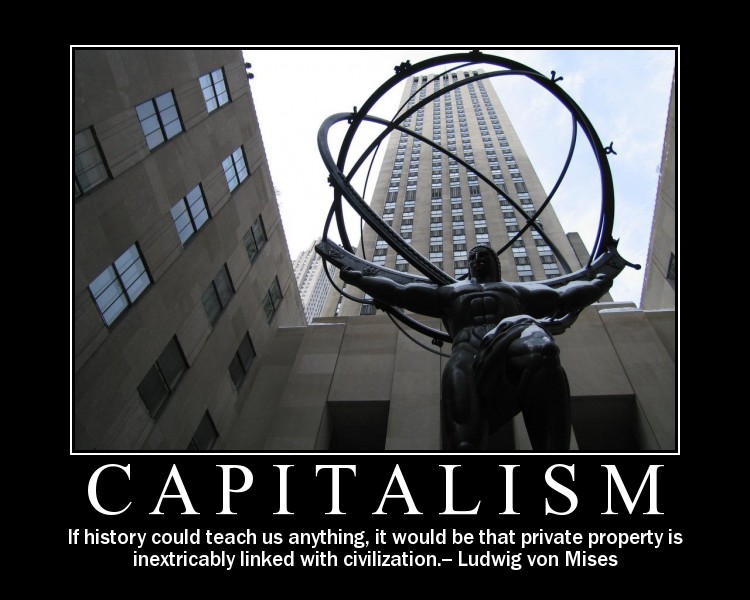American Thinker | by Randall Hoven | Mar. 12, 2009
I think I have it figured out, roughly. And I’m ready to assign blame. If my narrative is not exactly true, it is a hypothesis that appears to fit the facts. This particular hypothesis is conspiracy-free, although I still think something is really fishy about the timing of the financial crisis, peaking as it did just when McCain started leading in the polls. But until we see some smoking guns, no conspiracy theory from me. [Read more…]

 by Chris Banescu –
by Chris Banescu –